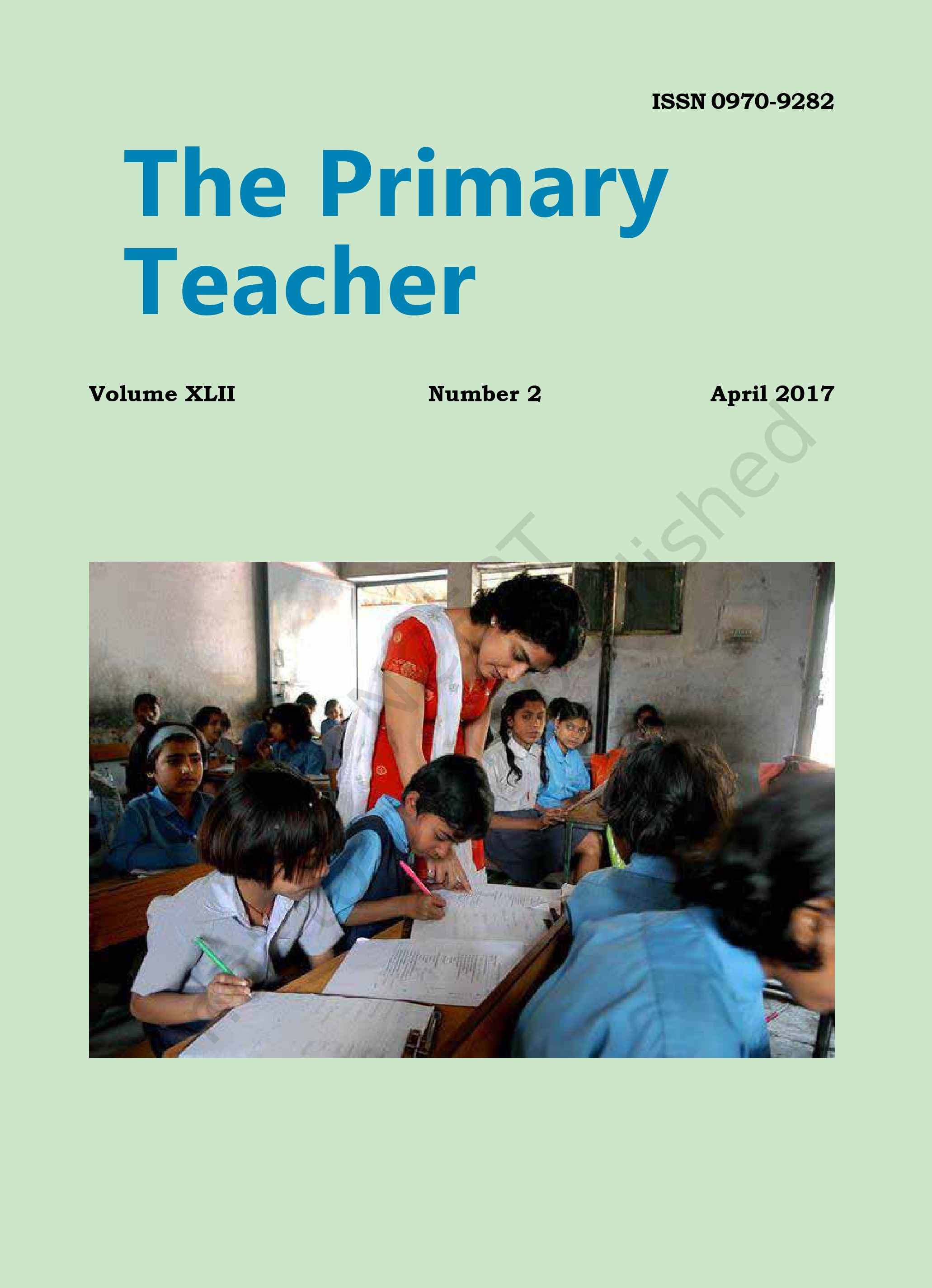
Published 2024-12-05
Keywords
- Mathematical skills,
- basic numeracy,
- formal schooling
How to Cite
Abstract
Mathematics, as a discipline, is abstract. Its importance in education and life is axiomatic. Therefore, mathematical concepts need to be nurtured from an early age. Activities related to mathematics, in the initial years of a child’s education, would play a key role in laying the foundations of the subject. It has been amply demonstrated through researches that children’s competency level at the beginning of formal schooling is important for their career and life. Literacy and numeracy skills underpin workforce participation, productivity and economy, and hence, impact social and health outcomes. Building mathematical skills is essential for a first grader’s learning process as it determines one’s academic success. The assessment of children in years before schooling and the first year of school has been, traditionally, informal. Further, assessment of children’s mathematical skills at this level is uncommon compared to social, emotional and physical assessment. However, there are contexts, where reliable, valid and standardised data from assessment in mathematics are required. This paper reviews the assessment processes and techniques originally developed for early mathematics.
